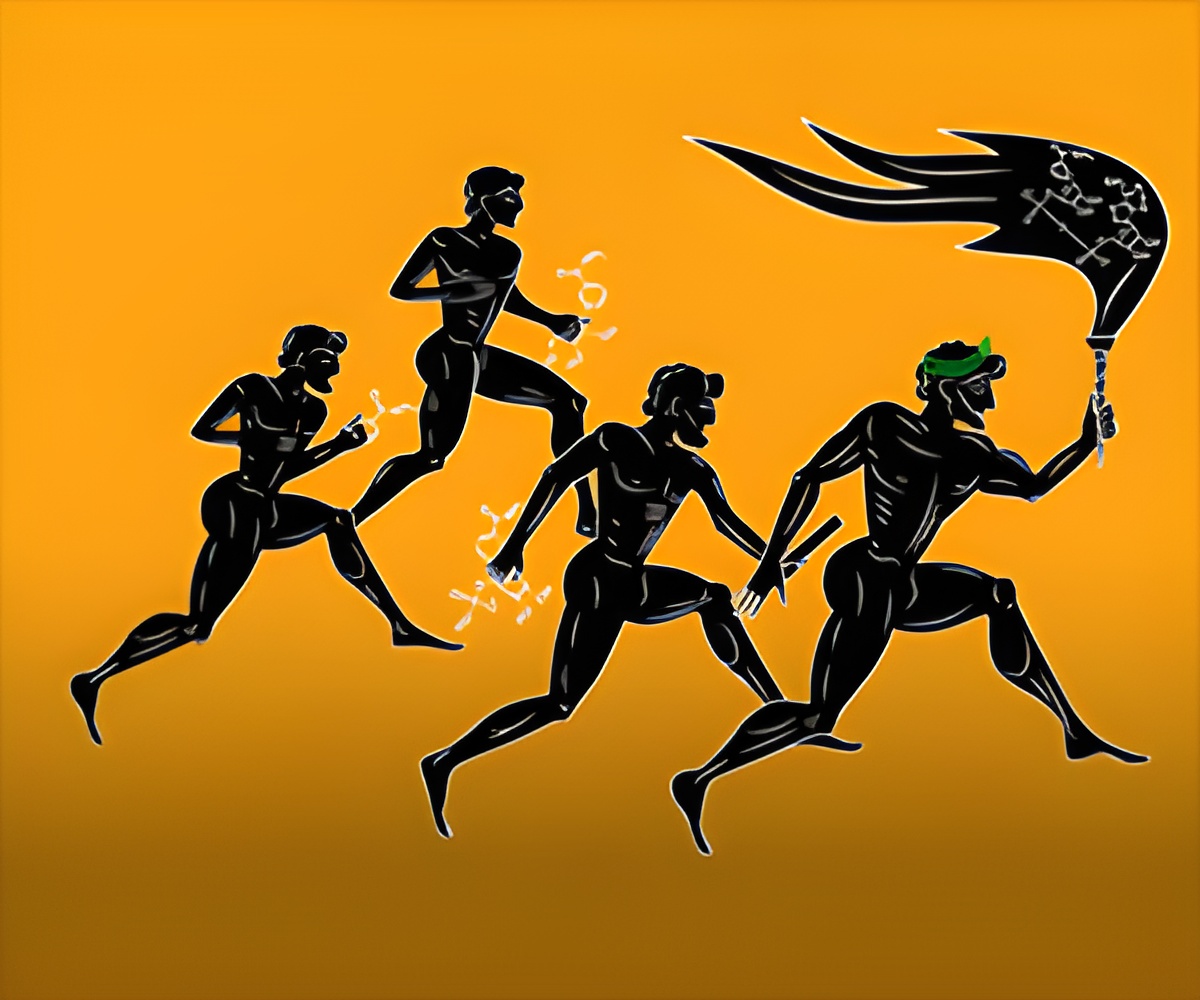Pro-social and altruistic people in particular often help other people even more in an emergency situation than in a relaxed and non-threatening situation.

TOP INSIGHT
Emergency situations seem to amplify people's natural tendency to cooperate.
The experiments showed that pro-social and altruistic people in particular often helped others even more in an emergency situation than in a relaxed and non-threatening situation, whereas selfish participants became less cooperative.
The researchers invited 104 individuals to participate in a computer game that was developed specifically for the experiment.
In this "help-or-escape dilemma game," participants under time and monetary pressure had to decide whether they were willing to risk taking time to help others before reaching their goal or saving themselves in two different situations ? one everyday and one emergency situation.
After the game, the researchers measured participants' social value orientation -- that is, their concern for others -- and categorised them as having a pro-social or individualistic profile.
The opposite was true of participants categorised as individualistic, 52 percent of whom reduced their cooperative behaviour in the emergency situation.
 MEDINDIA
MEDINDIA




 Email
Email






